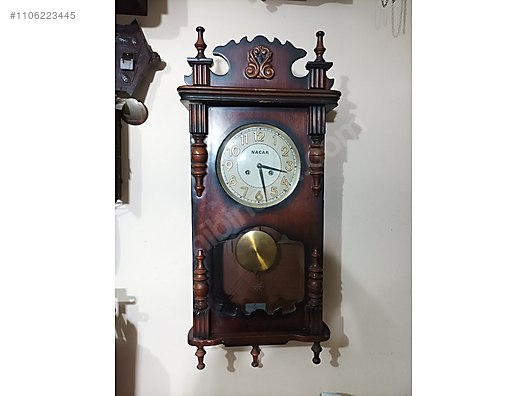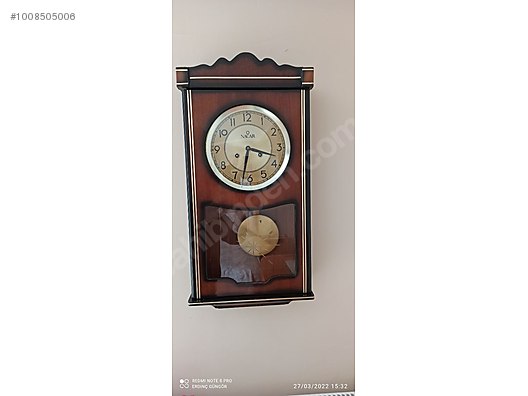
Nacar Marka Ahşap Kasalı Pilli Saat Tüm Bakımları Yapılmış Tertemiz,Çiziksiz Çalışır Durumda Antika Duvar Saati.. | Instagram

ANTİKA DUVAR SAATİ-NACAR marka çalışır durumda antika kurmalı duvar saati. Boyut: 65x30x12cm | Ege Müzayede

Vintage dekoratif çift taraflı Metal duvar saati antika tarzı istasyonu duvar saati duvar saati asılı Metal çerçeve noel için _ - AliExpress Mobile
























